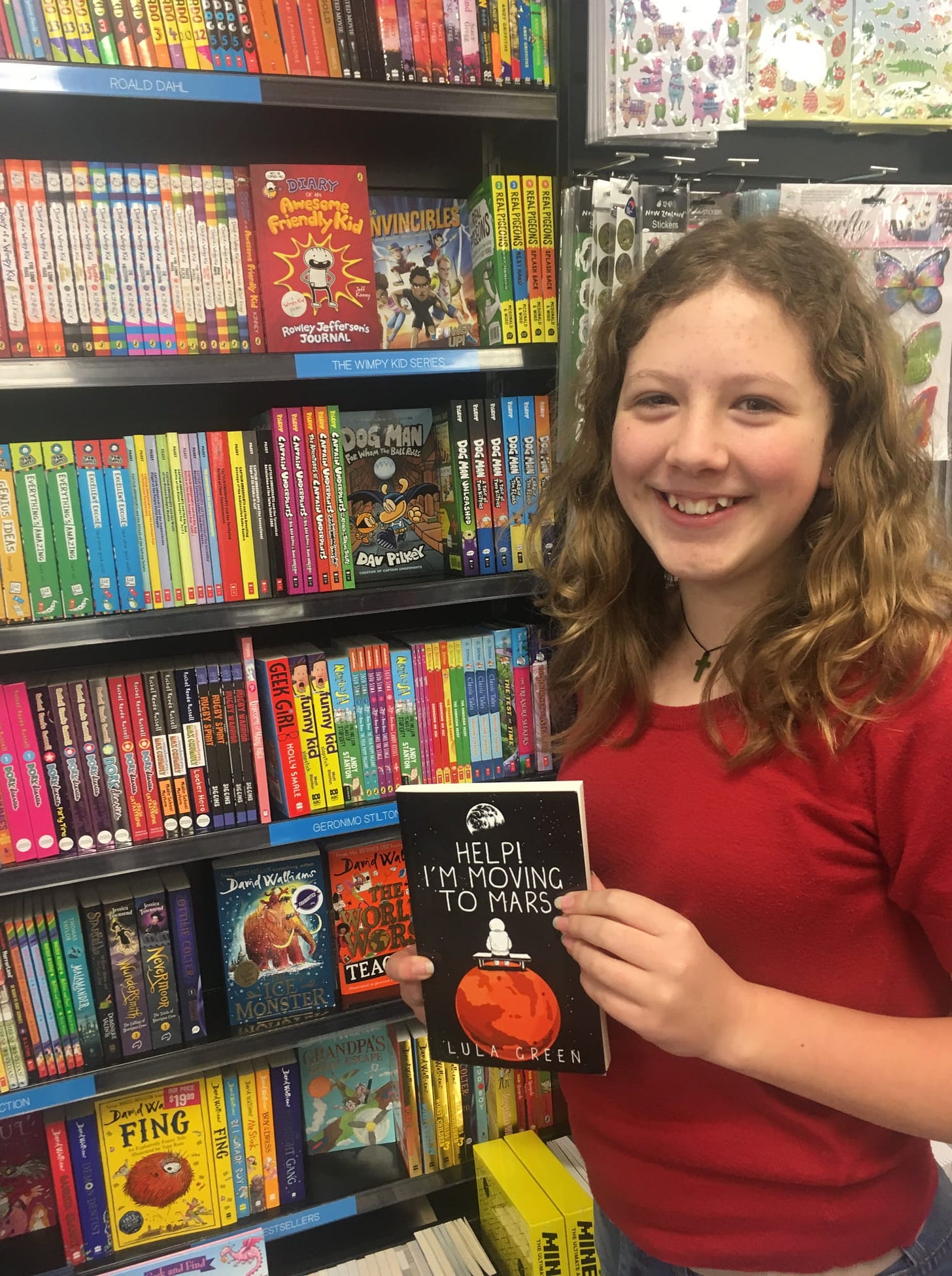Most Writers Start in the Wrong Place
A successful book is about more than just writing it.
Writing a book is a hard task. One of the hardest.
In my work, I often see writers making the same mistake…
Both fiction and nonfiction writers do it.
They start in the wrong place.
Where to Start When You Want to Write a Book
Idea Testing
This is especially important for nonfiction writers. The writers who come to me for coaching have often completed this first step through their work.
Their ideas for the book have come out of their work with clients and their professional experiences.
They know people want and need the information they’re sharing.
If you haven’t tested it through your work, THIS is the place to start.
Test ideas on social media. If you share a short post, does it seem to be helpful for people? Are they engaging with it?
Write articles on selected parts of your idea. Have a health book in mind? See if a publication will take a guest post on eliminating processed food or improving gut health. If editors want it, it’s likely readers will too.
Write articles on Substack or Medium to test out your chapters. Which ones do people respond to? Which ones seem less interesting/useful for readers?
Building a fanbase
This is the step most writers leave until last or neglect completely. (I certainly did when I wrote a fictional children’s book with my oldest daughter a few years ago.)
Once we thought of promoting our book it was already a bit too late.
Creatives can be an introverted bunch.
Marketing ourselves? Ew. No thanks.
But don’t you want your book to sell? Don’t you want people to read the thing you spent hours of your life creating?
OF COURSE YOU DO!
So, it’s unavoidable. (Unfortunately)
You need people to sell to. Don’t expect the publishers to do it. Even traditional publishers want authors to promote their own work.
As soon as you have your book idea, you need to start building up a group of people who like what you share.
Decide which platform has your readers (and you enjoy most). Do you like making short videos for TikTok? Taking photos on Insta? Sharing updates and progress on Substack?
Pick one or two places to share. Don’t spread yourself too thin. It’s a lot of work.
Employ a PR/marketing person if you can! Then they can build the hype and you can just write the book. (But be realistic about how worthwhile this investment is—the average new book sells less than 1,000 copies over its lifetime in all formats and all markets).
I know it’s not fair. It sucks—writers should just be able to write!
But publishers WILL ask what you’ve been doing to market yourself. Don’t let the answer be “nothing”.
According to Berrett-Koehler Publishers “most book proposals from experienced authors now have an extensive section (often ten to twenty-five pages) on the authors’ marketing platform and what the authors will do to publicize and market the books.”
Book Proposal you say?
A nonfiction book proposal isn’t a must do for everyone. Some people prefer just to write the book—especially if you’re planning on self publishing. (And obviously, fiction writers don’t need to do one.)
Saying that, many nonfiction writers skip this step—or don’t even know it EXISTS!
A book proposal is often 45ish pages outlining your plans.
It compares your planned book to others on the market—market research
Outlines each chapter you plan to write.
Explains who you are and how you market yourself and your book.
Justifies why THIS book is needed right now and why YOU should write it.
Apart from being necessary for finding an agent and publisher, going through the book proposal process is actually super helpful.
It forces you to really hone in on what it is you’re writing and why.
It acts as a plan to keep you on track as you write.
And it needs to be done FIRST! Before you write the book, because a publisher will want to make suggestions and changes. If you don’t like that idea—self publish. Then you have full control.
Ready to write?
Tested your ideas
Started to build your audience
Written a book proposal (if nonfiction)
You’re ready to go!!
Grab a book coach/editor if that helps. Having a supportive coach and editor is something many writers find useful. I worked alongside a couple of lovely writers last year, helping them complete their nonfiction books.
Then get writing!
I can’t wait to see what you come up with.
Kelly xx



